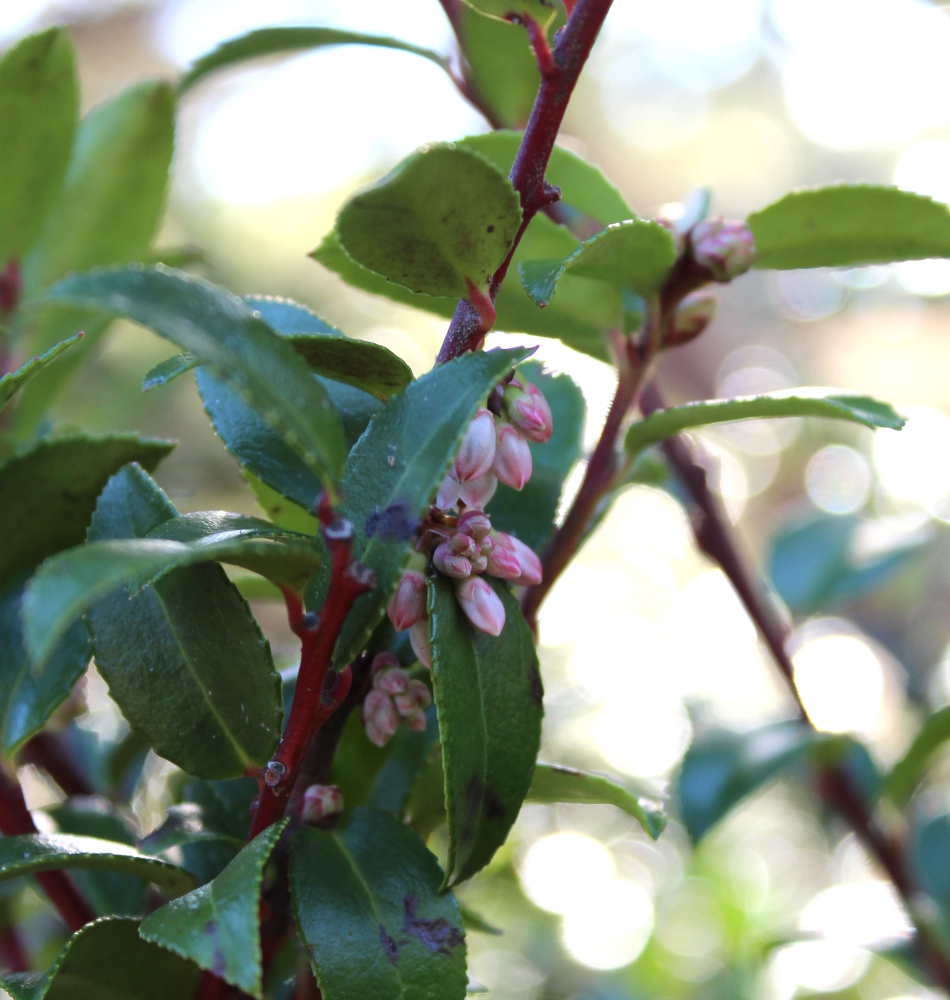So you’re interested in seeing an ecotherapist. You’ve done the research to find a practitioner in your area, you’ve made payment arrangements, and you’re eagerly awaiting your first session with someone you hope will help you use nature to heal what ails you mentally and/or emotionally.
It would be nice to think that ecotherapy was a one size fits all problem-solver. Indeed, many people do benefit from being out in nature, and this can help ease the symptoms of many mental health issues. But ecotherapy as a more specific clinical practice isn’t always the best tool for the job. Here are a few reasons why your therapist may opt to use something besides ecotherapy in working with you:
–The problem that you’re bringing to them may be very complex, and require multiple types of treatment to help you. For example, if you have spent years with an untreated case of schizophrenia featuring paranoid delusions, but you go to an ecotherapist wishing to deepen your relationship with nature, their first goal may be to help you get your schizophrenia more under control. Depending on your ecotherapist’s credentials and training, this could involve helping you find medications that balance out your brain chemistry, coping skills for when your symptoms may get a bit out of hand, and creating a plan in case you need support in between therapy sessions.
Depending on your situation and how well you respond to treatment, ecotherapy could very well be woven into your plan. But don’t be taken aback if the very first thing you work on together isn’t communing with the forest.
–The therapist doesn’t feel that their training in ecotherapy is advanced enough to be able to use it in helping you. Some ecotherapists are confident in their ability to teach some stress relief skills using ecotherapy, but don’t yet feel able to use ecotherapy to treat specific mental illnesses. As with the above situation, your ecotherapist may choose to focus on other forms of treatment for diagnosed mental illnesses, but also use ecotherapy for general stress relief (which is good for just about everyone!)
–You may not respond well to ecotherapy. Chances are if you’re reading this and you’re actively seeking out an ecotherapist, you’re going to be pretty responsive to ecotherapy. However, there are people who dislike being out in nature, either because they’re uncomfortable there or they have negative associations with outdoor activities due to trauma. Others may feel ecotherapy is “silly” or “hippie stuff” and want more “serious” treatment, however they define it. There’s also a chance that if you are open to ecotherapy, it may not be the right treatment for what you’re seeking to heal. Maybe you’re trying the techniques your ecotherapist gives you, and nothing seems to be helping the core problem. In that case the ecotherapist may choose to try a different sort of therapy with you, or even refer you to another therapist.
Even if ecotherapy isn’t the right choice right now, it doesn’t mean that you can’t go back to it later on! And in many cases ecotherapy can be one of several sets of practices and skills that you and your ecotherapist can use to help you manage your mental health. Just be patient, see your ecotherapist as a partner in your treatment, and be sure to communicate openly with them about your ongoing work together.

